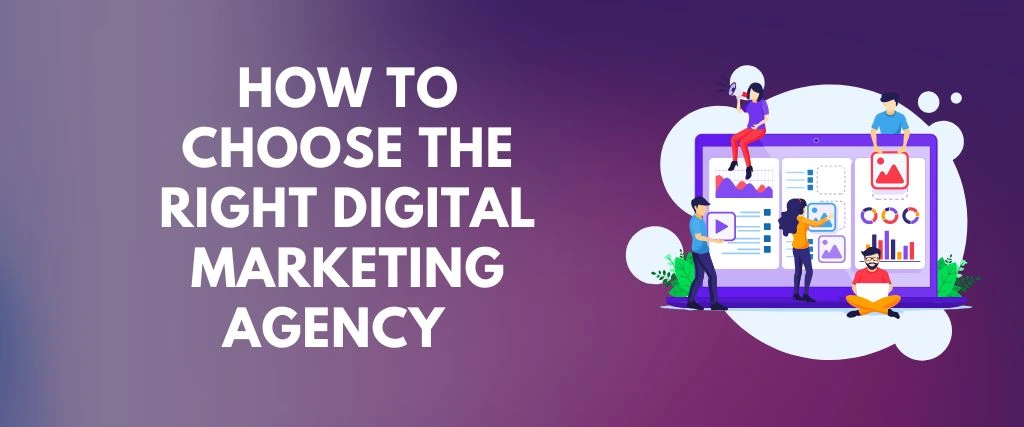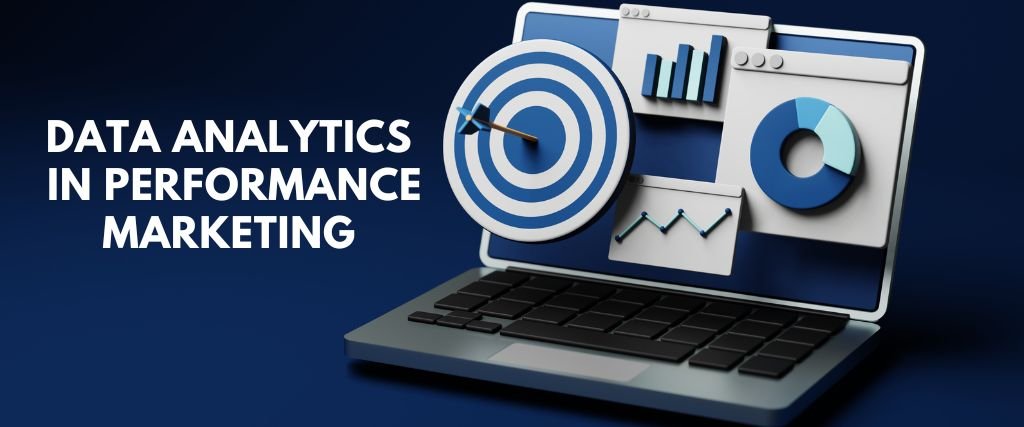
What is Marketing Automation and How Does Marketing Automation Work?
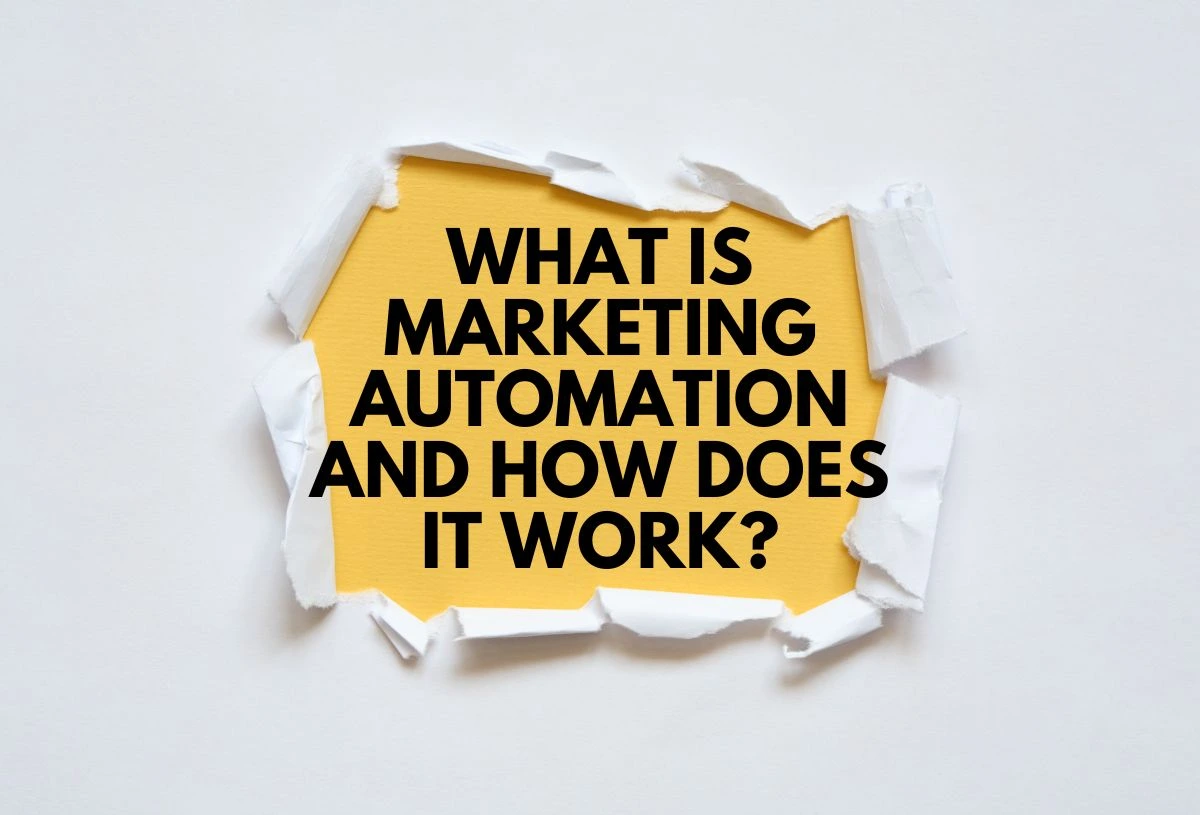
In today’s fast-paced digital world, marketing automation is revolutionizing how businesses operate, allowing companies to streamline their marketing processes and achieve significant growth. By leveraging advanced marketing automation software and tools, businesses can efficiently manage email marketing, social media, and other critical marketing tasks with minimal effort.
Whether you’re optimizing workflows, personalizing customer interactions, or improving lead generation, investing in a marketing automation platform is a game-changer for any business aiming to scale its marketing and sales efforts.
From automated email campaigns to managing complex digital marketing strategies, automation provides an opportunity for marketing teams to focus on creative and strategic initiatives, instead of routine tasks.
Businesses—especially small businesses—can benefit from automation features that transform customer data into actionable insights.
“KCS agency have proven expertise in implementing marketing automation solutions, showcasing real-world success stories, and prioritizing ethical practices in data-driven marketing strategies.”
This guide explores how marketing automation helps businesses improve their return on investment and create impactful marketing campaigns that resonate with audiences across various marketing channels.
Understanding Marketing Automation
Marketing automation is the use of advanced automation tools and technologies to streamline, execute, and measure repetitive marketing tasks. It integrates with various digital marketing channels, allowing businesses to automate processes like email marketing, social media automation, and lead generation, ensuring a more efficient and effective approach to customer engagement.
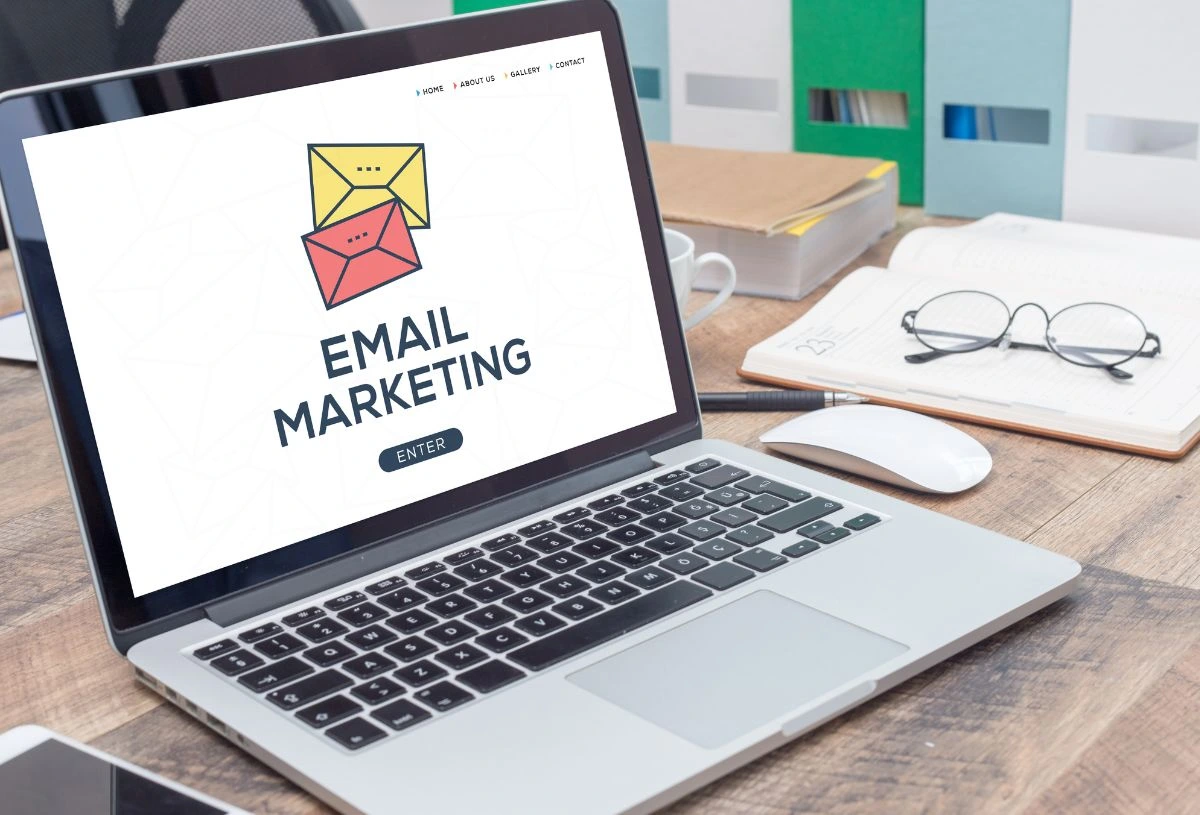
At its core, marketing automation software simplifies complex marketing workflows by enabling marketing teams to automate routine tasks, such as sending personalized email campaigns, segmenting customer data, and tracking customer interactions across social media platforms.
This not only saves time but also enhances the overall customer experience, ensuring that businesses deliver the right message to the right audience at the right time.
Key to its functionality is the ability to unify marketing and sales through platforms like Salesforce Marketing Cloud or HubSpot Marketing Hub, which provide robust automation features for managing customer relationship management (CRM) systems.
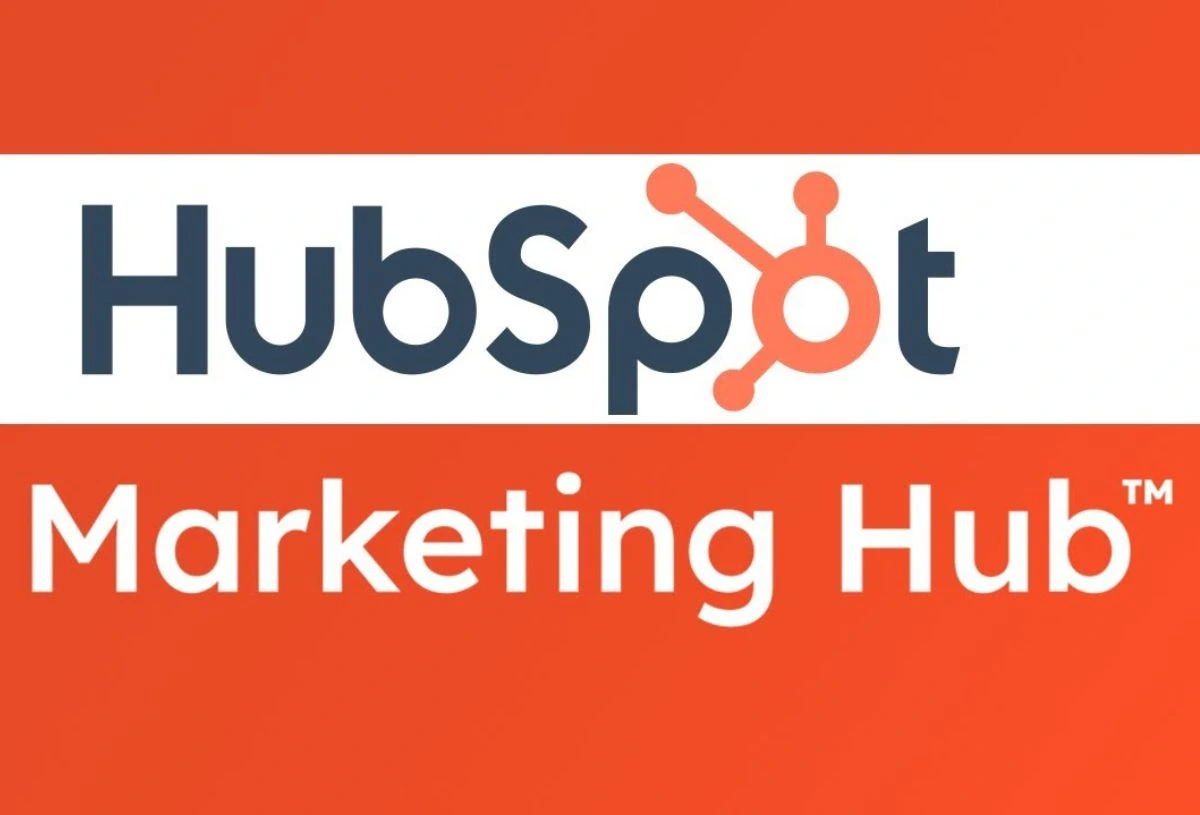
By automating the marketing process, businesses can improve their marketing strategies and align their efforts to achieve specific goals, such as nurturing marketing qualified leads or optimizing digital marketing campaigns.
Ultimately, marketing automation platforms empower businesses to focus on creative and strategic aspects of their marketing activities, ensuring a seamless, data-driven approach to achieving measurable growth.
From small businesses to large enterprises, marketing automation helps businesses stay competitive in the ever-evolving landscape of modern marketing.
How Marketing Automation Works
At its core, marketing automation operates by utilizing automation tools to execute predefined marketing workflows, ensuring seamless coordination across various marketing channels.
It involves integrating a marketing automation platform with existing systems like CRM to centralize and optimize customer data management. Here’s how it works:
- Data Collection and Segmentation
- The process begins with gathering and organizing customer data from multiple sources, such as email campaigns, social media platforms, and website interactions.
- This data is then segmented into categories like demographics, behavior, and preferences, allowing businesses to craft highly targeted marketing strategies.

- Automated Campaign Execution
- Using marketing automation software, businesses can design and deploy email marketing automation, social media updates, and other digital marketing campaigns automatically based on triggers like user actions or schedules.
- For instance, automated marketing workflows can send personalized follow-up emails after a user subscribes to a newsletter or abandons their shopping cart.
- Personalized Customer Experiences
- It helps businesses deliver tailored experiences by analyzing customer behavior and automating responses. Whether it’s product recommendations or tailored content, automation ensures a consistent and relevant customer experience.
- Real-Time Tracking and Optimization
- By integrating automation platforms like Salesforce Marketing Cloud or HubSpot Marketing Hub, businesses gain access to real-time analytics. These tools measure the performance of campaigns, enabling marketing teams to fine-tune their efforts and maximize ROI.
- Aligning Marketing and Sales
- This systems bridge the gap between marketing and sales, ensuring a cohesive strategy. Automated lead scoring, for example, helps identify marketing qualified leads and seamlessly transfers them to the sales team for further engagement.
- This systems bridge the gap between marketing and sales, ensuring a cohesive strategy. Automated lead scoring, for example, helps identify marketing qualified leads and seamlessly transfers them to the sales team for further engagement.
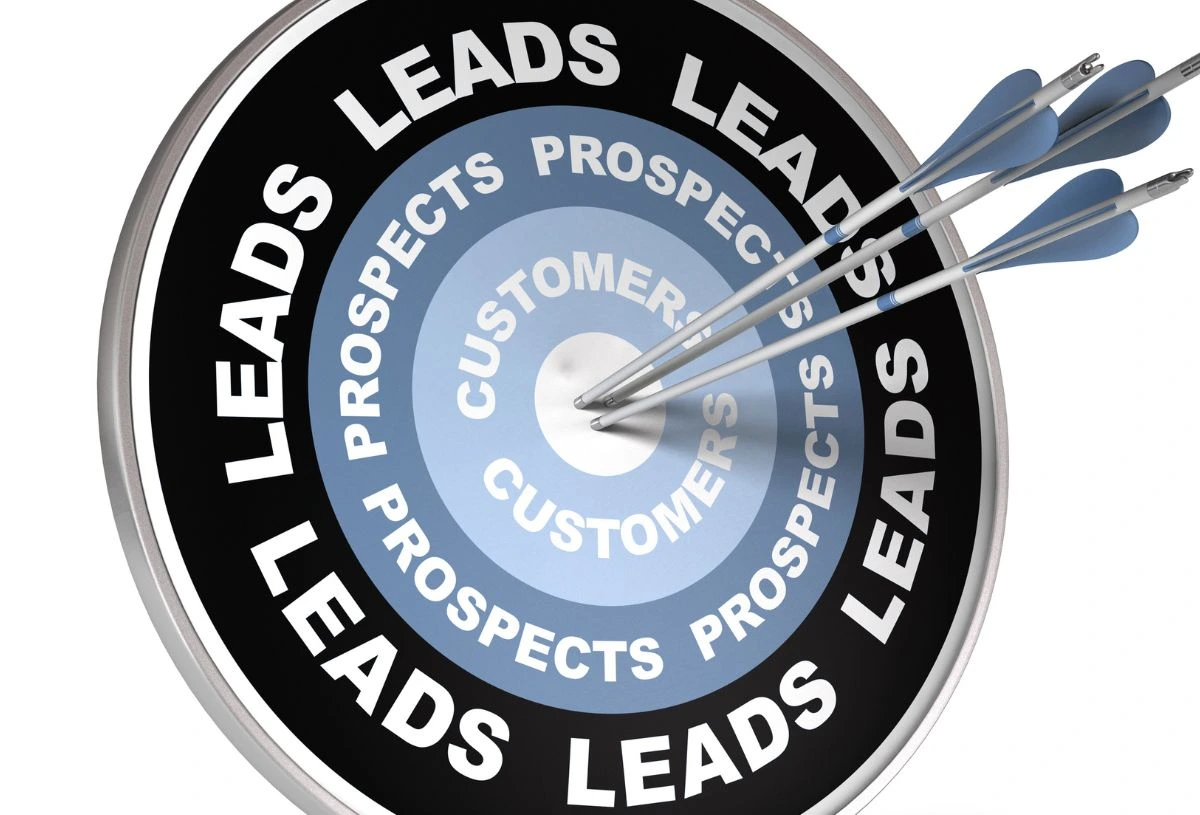
Through these steps, it makes it possible to manage complex marketing activities with ease, allowing small businesses and enterprises alike to focus on growth while reducing manual workload. The result? Enhanced productivity, better customer relationship management, and marketing campaigns that resonate.
The Benefit of Marketing Automation for Business Growth
Investing in this software offers a range of transformative benefits, enabling businesses to streamline operations, enhance customer experiences, and achieve measurable results. Here’s how marketing automation helps businesses unlock their potential:
1. Improved Efficiency and Time Savings
With automation tools, repetitive tasks like scheduling email campaigns, posting on social media platforms, or updating customer records in the CRM are handled automatically. This allows marketing teams to focus on strategic planning and creative aspects of their marketing activities.
- Automating routine marketing tasks eliminates errors and increases productivity.
- Complex automation workflows ensure that campaigns run seamlessly without constant manual intervention.
2. Enhanced Customer Experience and Personalization
One of the standout advantages of marketing automation is its ability to create highly personalized interactions. By leveraging customer data, businesses can tailor content, offers, and messaging to individual preferences.
- This platforms use data segmentation and behavior tracking to deliver the right message at the right time.
- Personalized experiences result in improved engagement and loyalty.
3. Better Alignment Between Marketing and Sales
Automation bridges the gap between marketing and sales teams, fostering collaboration and improving lead management.
- Features like automated lead scoring identify marketing qualified leads and prioritize them for follow-up.
- CRM integration ensures a smooth transition of leads between teams, driving higher conversion rates.
4. Scalability for Businesses of All Sizes
From small businesses to large enterprises, this systems are designed to grow alongside your business. Tools like Salesforce Marketing Cloud and HubSpot Marketing Hub offer scalable solutions to meet evolving needs.
- For small businesses, affordable automation software simplifies operations and boosts impact.
- For larger organizations, enterprise-grade tools handle complex digital marketing campaigns and extensive datasets.
5. Measurable Impact and Data-Driven Decisions
It provides access to in-depth analytics, helping businesses track performance and ROI effectively.
- Monitor campaign performance in real-time to make informed adjustments.
- Use insights to optimize marketing strategies and identify what resonates with audiences.
6. Cost-Effective Marketing
While these platforms require an initial investment, they deliver long-term cost savings by reducing manual labour and increasing campaign efficiency.
- Automating email marketing and social media marketing reduces reliance on large teams.
- Businesses can optimize their marketing budgets for better returns.
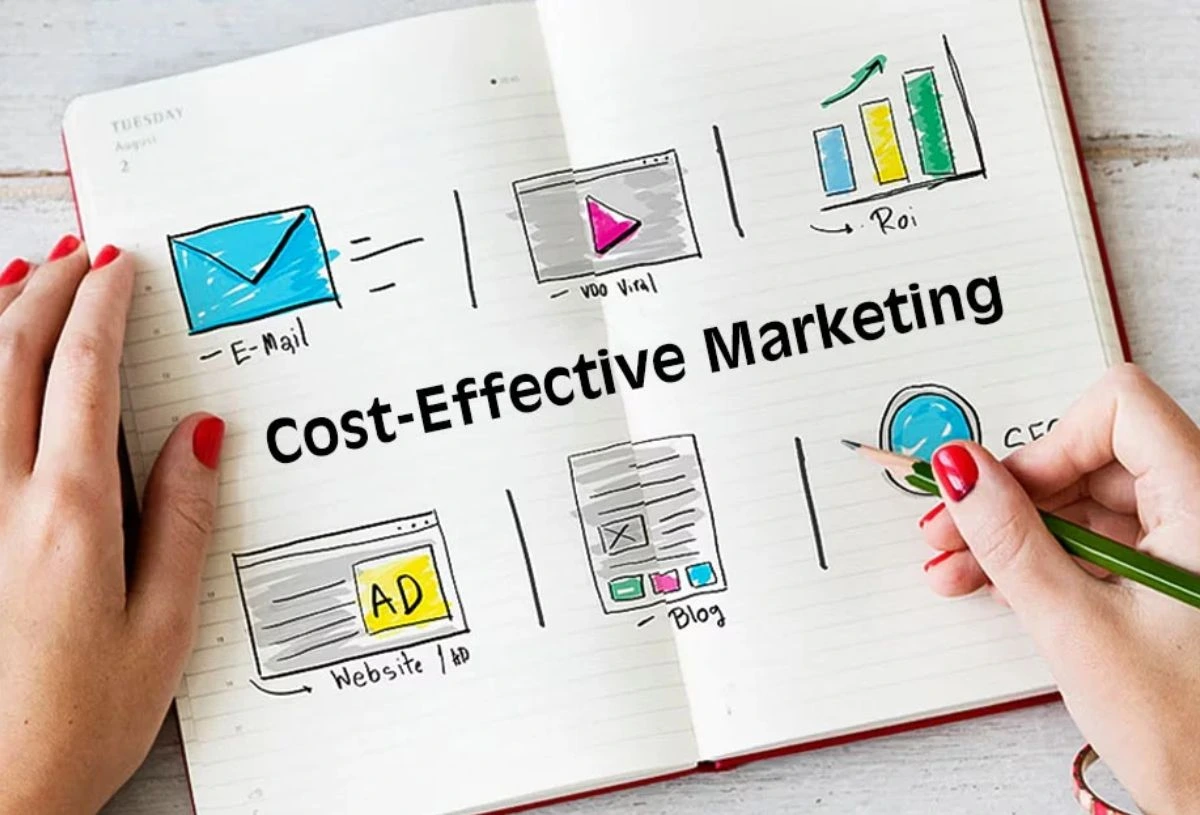
By embracing a marketing automation solution, businesses can improve their marketing return on investment, reduce operational inefficiencies, and build impactful, data-driven marketing campaigns.
Whether you’re nurturing leads or crafting multi-channel strategies, great marketing automation tools are key to achieving consistent, scalable growth.
Exploring Types of Marketing and Types of Marketing Automation
Marketing automation isn’t a one-size-fits-all solution. Businesses can choose from a variety of these tools and strategies to suit their specific goals and marketing processes. Understanding the different types of automation features helps in selecting the right tools for effective marketing efforts.
1. Email Marketing Automation
One of the most popular and effective forms of automation is email marketing automation. Businesses can create and send personalized email campaigns to nurture leads, retain customers, and drive sales.
- Automate responses for sign-ups, purchases, and follow-ups.
- Schedule newsletters and promotional emails for targeted segments.
- Use platforms like HubSpot Marketing Hub and Mailchimp for advanced email marketing platforms.
2. Social Media Automation
Managing multiple social media platforms can be overwhelming, but social media automation tools simplify the process.
- Schedule and publish posts across platforms automatically.
- Monitor engagement and analyze social performance metrics.
- Platforms like Buffer or Hootsuite help automate and optimize social media marketing strategies.
3. Lead Nurturing and Scoring
For businesses focused on sales and marketing alignment, lead automation is essential.
- Automated lead scoring helps identify marketing qualified leads based on user actions.
- Set up workflows to nurture leads through personalized content and offers, ensuring a smooth journey through the sales funnel.
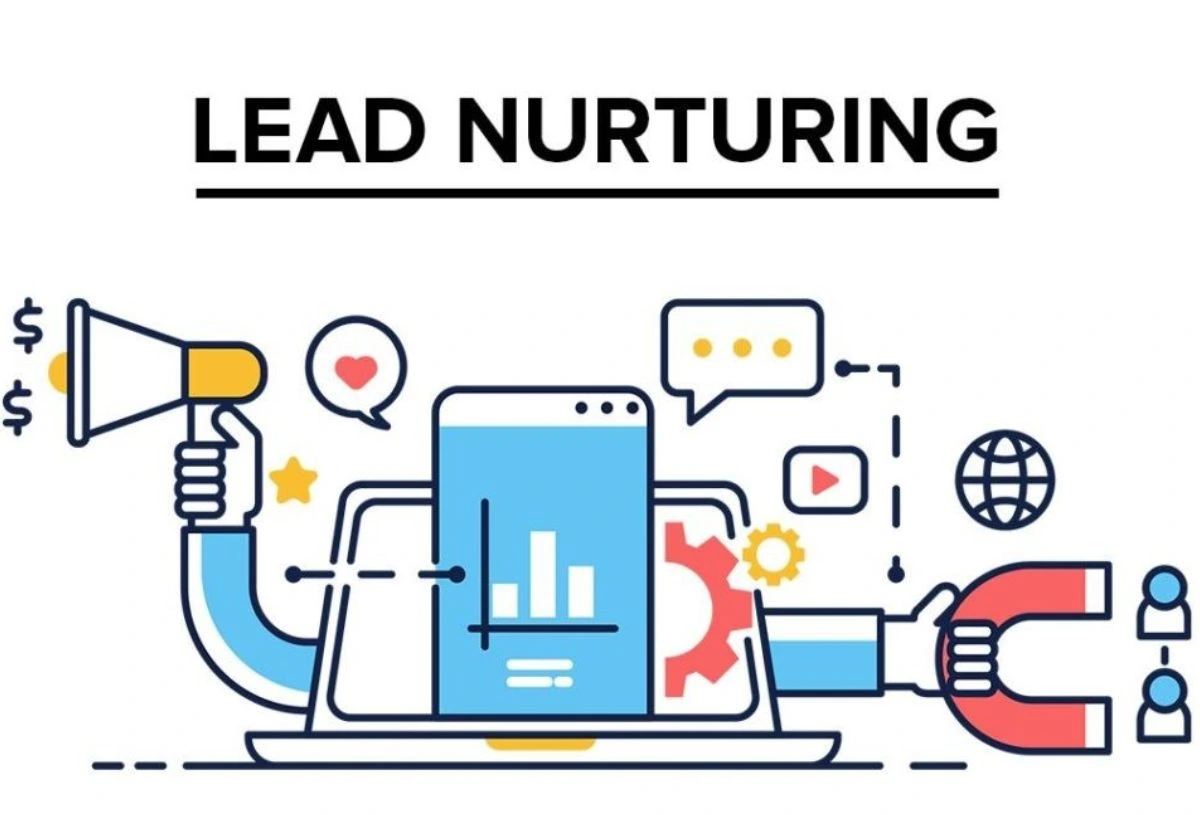
4. CRM Automation
Integrating CRM systems with this platforms ensures seamless customer relationship management.
- Automate contact updates, task assignments, and follow-ups.
- Sync data across tools to improve team collaboration and customer insights.
5. Content Marketing Automation
Automation is invaluable in planning, creating, and distributing content for digital marketing interactions.
- Schedule blog posts, videos, and other content on various marketing channels.
- Use tools like SocialPilot or CoSchedule to streamline the content marketing process.
6. Multi-Channel Marketing Automation
This type of automation focuses on creating cohesive digital marketing campaigns across several touchpoints, including email, social media, websites, and SMS.
- Centralize campaign management with a single marketing automation platform.
- Ensure consistent messaging and branding across channels.
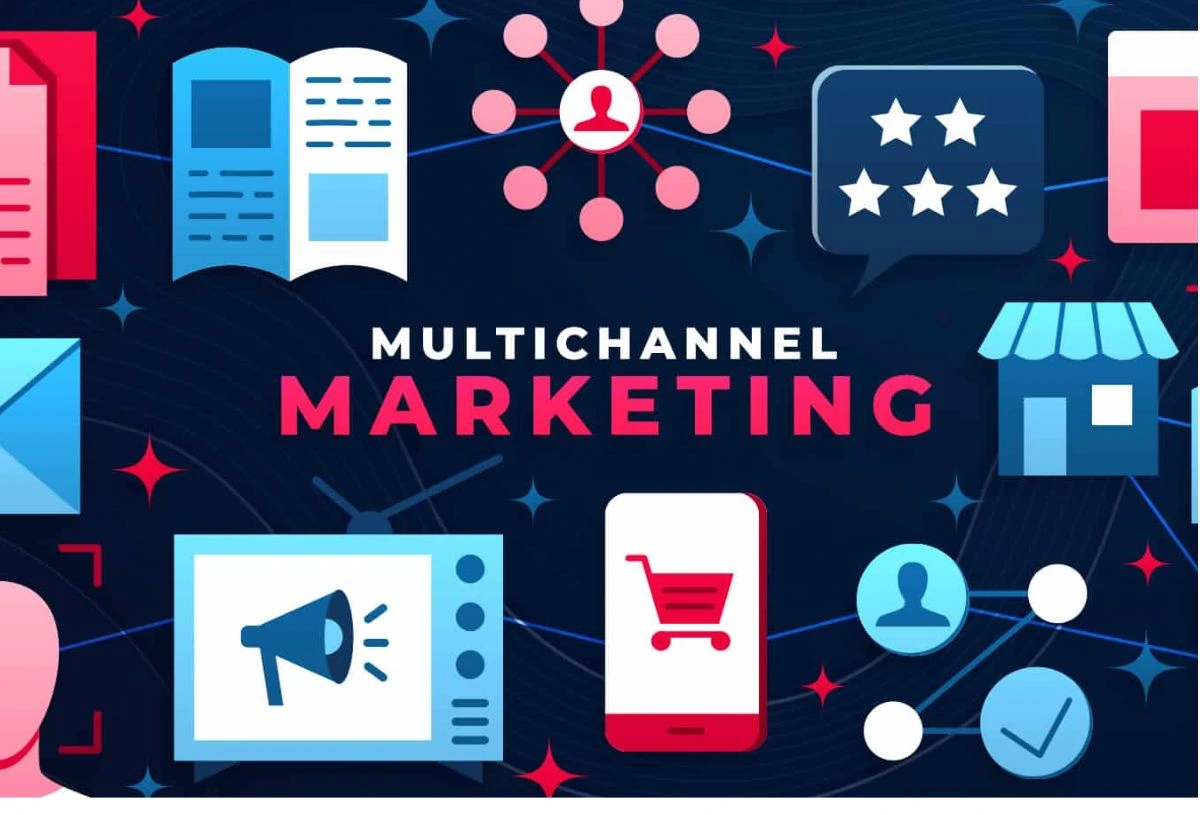
7. Analytics and Reporting Automation
Tracking the success of marketing campaigns is easier with automated analytics.
- Automatically generate performance reports for email campaigns, social media efforts, and website traffic.
- Gain insights into which marketing strategies drive the best results.
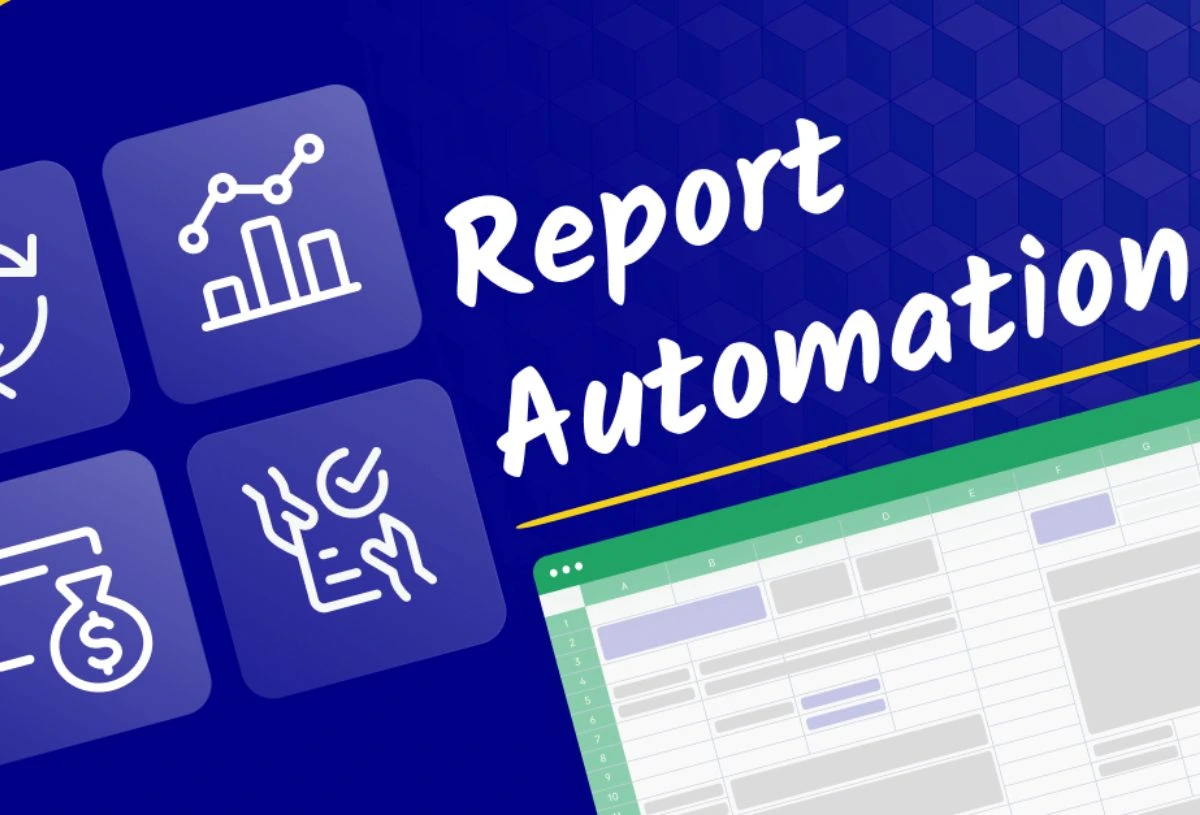
By understanding the types of marketing automation, businesses can implement tailored solutions that align with their goals and resources. Whether it’s email automation, social media marketing, or CRM integration, choosing the right automation tools ensures that these platforms helps businesses maximize efficiency and results.
How to Choose the Right Marketing Automation Tool and Marketing Automation Software
Selecting the best marketing automation software is crucial for businesses looking to optimize their marketing activities. The right platform should align with your goals, fit your budget, and offer features that enhance your marketing and sales efforts. Here are key factors to consider:
1. Define Your Marketing Goals
Before exploring the automation tools, outline your objectives. Are you aiming to enhance email marketing, streamline lead generation, or improve your customer experience?
- Identify specific needs like automating email campaigns, tracking marketing qualified leads, or managing marketing workflows.
- Ensure the platform supports your desired digital marketing strategy and marketing channels.
2. Evaluate Features and Functionality
Different tools offer unique automation features, so it’s essential to choose one that meets your business needs.
- Look for email automation platform, social media scheduling, and CRM integration.
- Ensure it provides advanced analytics, automation workflows, and personalization capabilities.
- For small businesses, consider tools offering affordable automation software for small businesses.
3. Integration with Existing Systems
The platform should seamlessly integrate with your current tools, such as your CRM, website, and other marketing software.
- Platforms like Salesforce Marketing Cloud and HubSpot Marketing Hub excel in integration capabilities.
- Ensure the platform supports your existing customer relationship management processes.
4. Scalability and Flexibility
Your business needs may evolve over time, so choose a solution that can grow with you.
- For small businesses, select software that supports your current scale but offers room for expansion.
- Enterprise-grade platforms like Salesforce Marketing Cloud are ideal for businesses expecting rapid growth.
5. Usability and Support
An intuitive user interface and robust customer support are critical for effective adoption.
- Opt for a platform that your marketing team can easily navigate without extensive technical expertise.
- Check for training resources, community support, and responsive customer service.
6. Cost and ROI
Budget is a key consideration but remember that the right marketing automation solution is an investment.
- Compare pricing models and features offered by different platforms.
- Assess how the software can improve efficiency, enhance marketing campaigns, and ultimately boost ROI.
Top Marketing Automation Platforms
Here are some of the top-rated platforms to consider:
- Salesforce Marketing Cloud: Known for its robust features and scalability.
- HubSpot Marketing Hub: Offers comprehensive tools for inbound and content marketing.
- Marketo Engage: Ideal for advanced email marketing automation and lead nurturing.
- ActiveCampaign: A user-friendly solution for small businesses focusing on personalized experiences.
By carefully evaluating your needs and comparing available tools, you can invest in marketing automation that supports your business goals. The right platform will empower your marketing team, enhance customer data management, and deliver impactful results, making it a cornerstone of your modern marketing strategy.
Best Practices for Using Marketing Automation and Marketing Automation Solutions
Implementing marketing automation successfully requires a strategic approach. By following best practices, businesses can maximize the benefits of automation and ensure a smooth integration into their marketing strategies. Here’s how to get it right:
1. Start with Clear Objectives
Define specific goals for your marketing automation platform. Whether you aim to streamline email marketing workflows, improve lead generation, or enhance the customer experience, having clear objectives ensures alignment across your marketing team.
- Identify the marketing tasks you want to automate.
- Set measurable KPIs, such as increasing marketing qualified leads or improving campaign engagement rates.
2. Segment Your Audience
Leverage customer data to create detailed audience segments. This enables you to deliver personalized and targeted campaigns that resonate with your audience.
- Use behavioral data, demographics, and purchase history for segmentation.
- Tailor email campaigns and digital marketing interactions to each segment.
3. Design Effective Automation Workflows
A well-planned automation workflow is essential for delivering the right message at the right time.
- Map out customer journeys and identify key touchpoints.
- Create workflows for common scenarios like abandoned cart emails, welcome series, and re-engagement campaigns.
- Test and refine workflows regularly for optimal performance.
4. Integrate with Your CRM
Integrating your CRM with your marketing automation solution ensures seamless management of leads and customer relationships.
- Sync data between platforms to create a unified view of customer interactions.
- Use the integration to trigger personalized campaigns based on CRM insights.
5. Focus on Content Personalization
Automation allows for dynamic, personalized content delivery across multiple marketing channels.
- Incorporate personalized product recommendations, tailored offers, and custom greetings in your email marketing automation.
- Leverage AI-powered tools for advanced personalization.
6. Monitor and Optimize Performance
Regularly review the performance of your marketing automation workflows to ensure they meet your goals.
- Track metrics like open rates, click-through rates, and conversions.
- Use insights to refine your digital marketing campaigns and improve your marketing return on investment.
7. Avoid Over-Automation
While automation is powerful, over-reliance can lead to a lack of authenticity and customer trust.
- Balance automation with human touches where necessary, such as personalized outreach for high-value customers.
- Review automated messages to ensure they align with your brand voice and values.
8. Train Your Marketing Team
Equip your marketing team with the knowledge and skills to maximize the platform’s capabilities.
- Provide training sessions on using the automation platform effectively.
- Encourage team members to explore new features and experiment with marketing strategies.
9. Test and Iterate
Testing is critical for optimizing the performance of your automation tools.
- A/B test email subject lines, content, and calls-to-action to identify what resonates best with your audience.
- Continuously iterate and improve based on data-driven insights.
By adhering to these best practices, businesses can unlock the full potential of their marketing automation systems.
A thoughtful and strategic approach ensures that marketing automation helps businesses not only save time but also create impactful marketing campaigns that resonate with their audience.
Marketing Automation Used in Marketing Campaigns and Workflow Optimization
Understanding how marketing automation works in real-world scenarios can provide valuable insights into its potential. Below are some examples of how businesses use marketing automation software and tools to streamline marketing tasks, enhance the customer experience, and drive growth.
1. Automated Email Campaigns
Businesses often use email marketing automation to nurture leads, re-engage customers, and promote products or services.
- Welcome Series: Automatically send a sequence of personalized emails to new subscribers, introducing them to your brand and offerings.
- Abandoned Cart Emails: Trigger automated reminders to customers who added items to their cart but didn’t complete the purchase, encouraging them to return and finalize their order.
- Re-engagement Campaigns: Target inactive subscribers with tailored offers or updates to reignite their interest.
2. Social Media Automation
Social media marketing is essential for modern businesses, but managing multiple platforms can be time-consuming. Automation tools simplify the process.
- Scheduled Posts: Use tools like Buffer or Hootsuite to automatically publish posts at optimal times.
- Engagement Tracking: Monitor likes, shares, and comments across social media platforms and respond promptly using automation features.
- Social Listening: Automate monitoring of brand mentions and trending topics to stay ahead in conversations.
3. Lead Nurturing and Scoring
Businesses use marketing automation systems to identify and nurture high-value leads.
- Lead Scoring: Assign scores to leads based on their interactions, such as website visits or email clicks, to prioritize outreach.
- Automated Workflows: Send relevant content or offers based on the lead’s position in the sales funnel, moving them closer to conversion.
4. Personalized Customer Experiences
With marketing automation platforms, businesses deliver highly personalized interactions that foster loyalty.
- Dynamic Content: Adjust website content, emails, or ads based on user behavior, preferences, or demographics.
- CRM Integration: Sync data with tools like Salesforce Marketing Cloud to create a 360-degree view of the customer and deliver targeted messaging.
5. Multi-Channel Campaigns
Automation allows businesses to coordinate consistent messaging across multiple marketing channels.
- Event Promotion: Combine email campaigns, social media updates, and SMS reminders to boost attendance.
- Product Launches: Synchronize messaging across platforms to create excitement and ensure maximum reach.
6. Analytics and Reporting
Automation tools help businesses monitor performance and optimize their marketing strategies.
- Campaign Dashboards: Use real-time analytics to track metrics like open rates, conversions, and ROI.
- A/B Testing: Automate tests for subject lines, ad creatives, and landing pages to identify the most effective approaches.
By leveraging marketing automation solutions, businesses can improve their marketing efforts, deliver impactful digital marketing campaigns, and streamline operations. These examples demonstrate how automation enhances both efficiency and effectiveness, making it a critical tool for businesses of all sizes.
The Future of Digital Marketing with Marketing Tool and Marketing Cloud Account Engagement
The landscape of marketing automation is rapidly evolving, with advancements in technology shaping how businesses engage with customers and optimize their marketing efforts. The future of marketing automation promises even greater efficiency, personalization, and integration, making it an essential component of modern marketing. Here’s what lies ahead:
1. Increased Integration of Artificial Intelligence (AI)
AI is becoming a driving force in marketing automation platforms, enabling businesses to analyze vast amounts of customer data and deliver highly targeted campaigns.
- Predictive Analytics: AI-powered tools will forecast customer behavior, helping businesses anticipate needs and tailor their marketing strategies.
- Dynamic Personalization: Automation systems will leverage AI to create real-time personalized experiences across multiple marketing channels.
- Chatbots and Virtual Assistants: These tools will enhance customer relationship management by providing instant, automated responses to inquiries.
2. Enhanced Customer Journey Mapping
The next generation of automation software will provide more sophisticated tools to map and optimize the entire customer experience.
- Omni-Channel Automation: Seamlessly coordinate interactions across email, social media platforms, SMS, and in-app messaging.
- Behavioral Triggers: Use advanced workflows to engage customers based on their actions, such as browsing history or purchase patterns.
3. Greater Focus on Small Businesses
As automation tools become more accessible and affordable, small businesses will have greater opportunities to leverage marketing automation software for small businesses.
- Simplified Interfaces: Platforms will prioritize user-friendly designs for non-technical users.
- Scalable Solutions: Flexible pricing models will make it easier for small businesses to adopt marketing automation systems that grow with their needs.
4. Deeper Integration with CRM and ERP Systems
The future of marketing automation lies in seamless integration with other enterprise systems, enhancing collaboration between marketing and sales teams.
- CRM Automation: Advanced marketing automation workflows will enable businesses to manage customer relationships more effectively.
- Unified Data: Automation platforms will consolidate data from various systems, providing a 360-degree view of customers.
5. AI-Driven Content Creation
As AI technology advances, marketing automation tools will incorporate features to assist with content creation.
- Automated Content Suggestions: Tools will recommend headlines, images, and content based on audience preferences and trends.
- Dynamic Content Generation: AI will help businesses produce personalized content for different audience segments.
6. Emphasis on Data Privacy and Security
With increasing regulations around data protection, marketing automation platforms will prioritize compliance and transparency.
- GDPR and CCPA Compliance: Automation tools will integrate features to ensure businesses adhere to data privacy laws.
- Secure Automation Workflows: Enhanced encryption and security protocols will protect customer data.
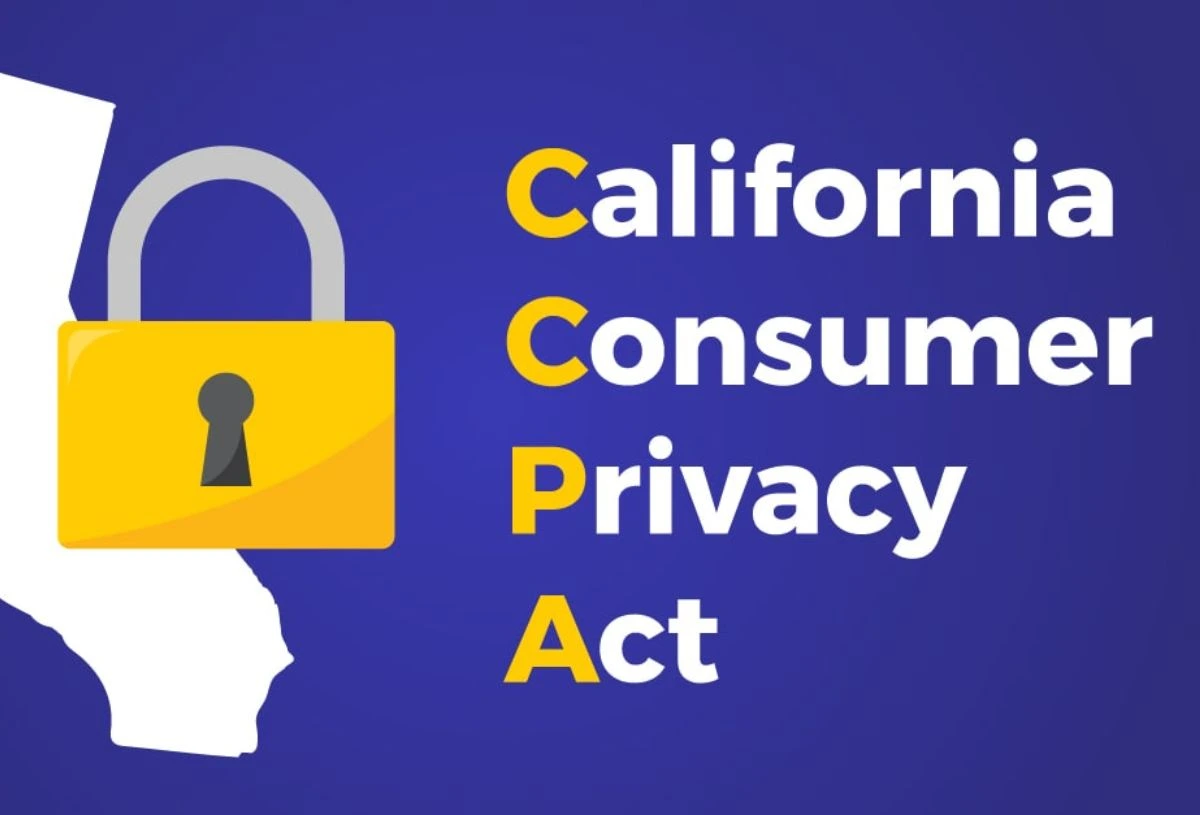
7. Smarter Analytics and ROI Measurement
Future marketing automation tools will offer more precise and actionable insights, enabling businesses to optimize their marketing return on investment.
- Real-Time Insights: Advanced analytics dashboards will provide instant feedback on campaign performance.
- Attribution Modeling: Automation platforms will help businesses track which marketing activities drive conversions and revenue.
The Future of Marketing Automation: Trends and Tools for Digital Marketing
To stay ahead in the evolving landscape of digital marketing, businesses must adapt to emerging trends in marketing automation:
- Invest in a marketing automation platform that aligns with your goals.
- Regularly update your marketing strategies to incorporate new technologies and tools.
- Focus on creating personalized, engaging digital marketing campaigns that resonate with your audience.
By embracing these innovations, businesses can ensure they remain competitive, efficient, and customer-focused in the ever-changing world of marketing automation.
Conclusion
Marketing automation has become an indispensable tool for businesses looking to streamline their marketing processes, enhance customer experiences, and drive measurable growth. From automating email campaigns to integrating CRM systems, it allows businesses to focus on strategic initiatives rather than getting bogged down by repetitive marketing tasks.
By investing in the best marketing automation software, such as Salesforce Marketing Cloud or HubSpot Marketing Hub, businesses of all sizes, including small businesses, can leverage powerful automation tools to improve marketing efforts.
Whether it’s managing social media platforms, personalizing customer interactions, or optimizing marketing return on investment, automation offers countless possibilities for creating impactful digital marketing campaigns.
Incorporating marketing automation into your business strategy is not just about saving time—it’s about building a smarter, more efficient approach to digital marketing interactions. So, take the next step: explore, implement, and refine your marketing automation strategy to unlock your business’s full potential.
Ready to revolutionize your marketing? Start exploring marketing automation tools today and discover how automation can transform your marketing activities and boost your bottom line with KCS agency in KL. If you’re looking for guidance, contact us for a free consultation on choosing the best marketing automation solution for your business!

